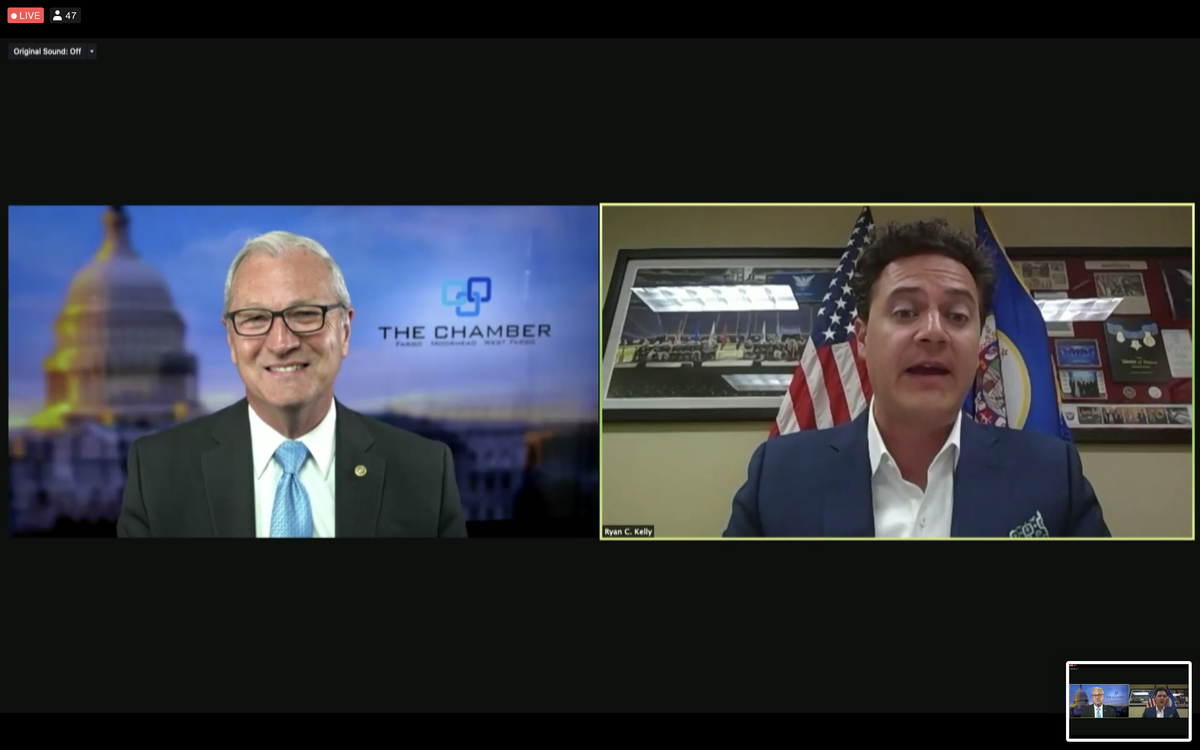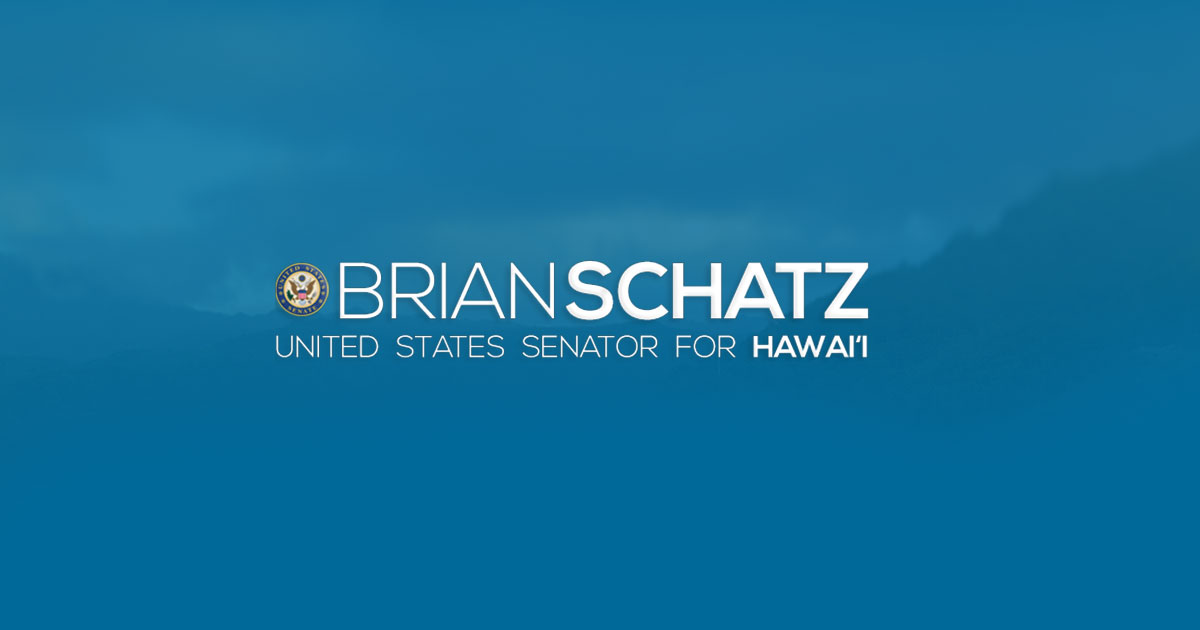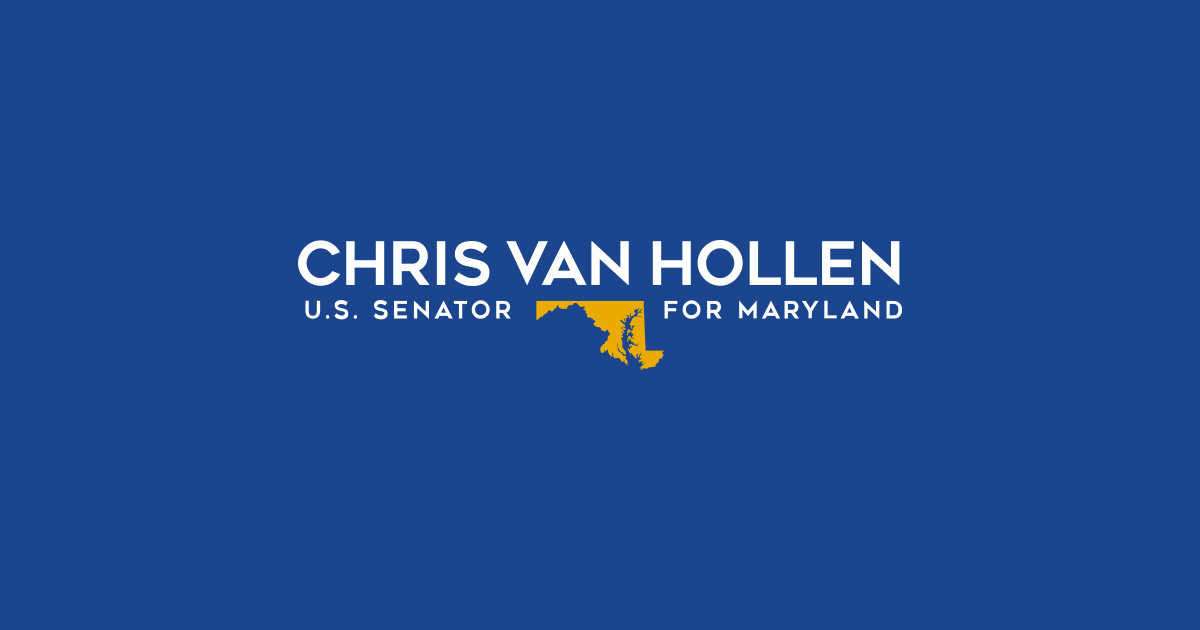Source: United States Senator for New Hampshire Jeanne Shaheen
June 08, 2021
**Interview comes on heels of Shaheen’s bipartisan CODEL trip to Lithuania, Ukraine and Georgia last week to discuss democracy reforms and combatting Russian aggression**
(Washington, DC) – U.S. Senator Jeanne Shaheen (D-NH) spoke with Foreign Policy magazine to discuss pressing national security concerns facing Eastern Europe after leading a CODEL trip to the region last week. She shared what she hopes will come from the Biden-Putin summit in Geneva next week, as well as how to combat Russian aggression in the region and hold accountable emboldened dictators like President Lukashenka in Belarus. She also mentioned her close coordination with the Biden administration on issues like addressing mysterious directed-energy attacks on U.S. service members abroad.
Check out some highlights below:
On the upcoming Biden-Putin summit: “I would like to have President Biden be very clear with Vladimir Putin about what we think is acceptable when it comes to cyber hacking the United States and other democracies, when it comes to his aggressive intentions in Eastern Europe.”
On Lukashenka’s hijacking of Ryanair: “…it’s pretty clear that [Putin] was supportive of the hijacking of the Ryanair jet by Lukashenko. And so we need to be clear with him that these are not actions that are acceptable to free countries, to democracies, to Western Europe and the rest of the world.”
On meeting with the Belarussian opposition leader: “…one of the first things we have the ability to do is speak out with the international community…One reason we wanted to meet with Svetlana Tikhanovskaya was to let her know that we are supportive of what she’s doing, that we’re concerned about what’s happening with the opposition in Belarus.”
On directed-energy attacks against U.S. personnel: “I would like to see more done. I would like to see us ensure that everybody who’s affected gets the same level of treatment. I think we’re moving in that direction, but there are still some questions that I have about whether everyone is able to go to Walter Reed, for example, and get treatment.”
Read Senator Shaheen’s full Q+A with Foreign Policy here or below:
Sen. Shaheen: Ukrainian Officials Are “Anxious”
By Amy Mckinnon
June 8, 2021
On Wednesday, U.S. President Joe Biden will head to Europe in his first overseas trip since taking office. After a flurry of high-level meetings with G-7 and NATO members and the leadership of the European Union, during which Biden is expected to rally democratic allies, he will conclude his trip by meeting with his Russian counterpart, Vladimir Putin, in Geneva, Switzerland.
The much-anticipated summit comes as relations between Washington and Moscow have reached their lowest ebb since the Cold War. In what is sure to be a contentious meeting, the two leaders will have no shortage of topics to discuss, including recent cyberattacks, arms control, the conflict in Syria, and Russia’s recent military buildup near the border with Ukraine.
Ahead of Biden’s trip to Europe, Foreign Policy spoke with Sen. Jeanne Shaheen, chair of the U.S. Senate Foreign Relations Subcommittee on Europe and Regional Security Cooperation, who returned last week from a bipartisan congressional delegation visit to Lithuania, Georgia, and Ukraine. This interview has been lightly edited for length and clarity.
Foreign Policy: What were your hopes for this trip? Were you looking to send a particular message to U.S. allies in the region?
Sen. Jeanne Shaheen: Yes. We originally had started off planning to go to Ukraine and Georgia. You know some of the challenges that they’ve had in Georgia with the disagreement between the ruling party and the main opposition party. … And of course, Ukraine, because of the concerns about the ongoing fighting and the impact from Nord Stream 2 from the upcoming NATO summit, we thought it was very important to go there and make sure they understood how important we think they are as an ally, and that the progress that they have made we hope will continue. We wanted to reassure them that we support their efforts in reform of the judicial system and other aspects that have been challenging because of corruption in the country. And then we had the trip planned, and [Belarusian President Aleksandr] Lukashenko brought down the Ryanair jet. We thought based on that, it would be important to meet with the opposition leader in Lithuania as we were headed to Eastern Europe.
FP: When you were in Ukraine, what was the mood like among Ukrainian officials that you met with?
JS: Well, they were very concerned. They were concerned about what will happen with Nord Stream and what the impact would be on Ukraine. They were concerned about what was happening in Belarus. They were concerned about the upcoming NATO summit and future opportunities that they might have with NATO. They have fought with us in a number of the NATO missions, and they are very interested in the security, the allies that working with NATO would provide. So I think it’s fair to say that they were anxious. That’s why I was pleased to hear that President Biden talked to [Ukrainian] President [Volodymyr] Zelensky this afternoon.
FP: In an interview published by Axios, Zelensky said he was willing to meet Biden at “any spot on the planet” ahead of his meeting with Putin. Do you think it was appropriate for Biden to meet with Putin before meeting Zelensky?
JS: Well, I think that’s why the president called President Zelensky and why he invited him to the White House this summer.
FP: But that meeting will be after. I mean, the timing of meeting the Russian leader before the Ukrainian leader.
JS: No, I’m less concerned about the timing than I am about making sure that the meeting happens, that the president is speaking with Ukraine, that there is support for Ukraine’s aspirations, and that those lines of communication are open.
FP: National Security Advisor Jake Sullivan said at a press briefing on Monday that the administration isn’t looking to the upcoming summit with Putin in terms of deliverables, but it’s about tending this desire for a stable and predictable relationship. But do you have any objectives? What would you like to see come out of this meeting in Geneva?
JS: Well, I would like to have President Biden be very clear with Vladimir Putin about what we think is acceptable when it comes to cyber hacking the United States and other democracies, when it comes to his aggressive intentions in Eastern Europe. One of the things that we did when we were in Georgia was go up to the administrative boundary line of South Ossetia … and we met with the EU monitoring mission. We saw through binoculars the fencing that’s been put up, the effort to expand the footprint by Russia in South Ossetia. We heard from the EU mission that they are not allowed to patrol on the other side of the boundary line with South Ossetia even though that was part of the agreement that ended the conflict in Georgia.
So I think there are very real concerns about what Russia is doing, and the president should be letting them know that: that we think it’s unacceptable that they are still occupying Crimea and that they are still in open conflict in the Donbas in Ukraine and that they have soldiers stationed there. In South Ossetia, they estimated there are thousands, several thousand soldiers in the province. And we saw what happened earlier in the spring with the Russian buildup along Ukraine’s eastern front. They claim to have withdrawn the troops, but what we heard when we were there was that the equipment is all there. There are still tens of thousands of troops along that border, and that’s not acceptable. We don’t know exactly what he [Putin] did with Lukashenko, but it’s pretty clear that he was supportive of the hijacking of the Ryanair jet by Lukashenko. And so we need to be clear with him that these are not actions that are acceptable to free countries, to democracies, to Western Europe and the rest of the world.
FP: Commentators have often spoken about Putin’s desire to be seen as a grand player on the world stage. Do you have any concerns that a meeting with the U.S. president so early in his presidency will be spun at home as a win for the Russian president?
JS: Listen, he’s going to do that no matter when they meet. It doesn’t matter what the truth is. We’ve already seen that it doesn’t matter to Putin what the truth is. And I think it’s important for our president to be clear, after four years when it wasn’t clear from the Trump administration, about what’s acceptable and what isn’t.
FP: And I want to speak about Belarus a little bit because I know you met with [opposition leader Svetlana] Tikhanovskaya’s team when you were in Lithuania. What options do you think Western countries, the United States and Europe, have to respond to Lukashenko’s brutal crackdown, all the jailings and torture, especially given that this is a regime that has already weathered many, many years of sanctions?
JS: Well, it has, but one of the first things we have the ability to do is speak out with the international community. And one reason we were there, one reason we wanted to meet with Svetlana Tikhanovskaya was to let her know that we are supportive of what she’s doing, that we’re concerned about what’s happening with the opposition in Belarus. That we appreciate her courage, her willingness to leave her husband in prison to flee to Lithuania so she can operate and try and build support in Europe. And while she’s traveling around having meetings with folks trying to raise concerns about what’s happening in Belarus, what we saw from Putin and Lukashenko was their travel on Putin’s yacht while Lukashenko’s putting people in jail and torturing them. I mean, the juxtaposition of that can’t be lost on the free world.
So speaking out is one of the things we can do. We’re having a hearing this week in the Foreign Relations Committee where she [Tikhanovskaya] will appear virtually, and we have the ambassador to Belarus and other experts who are going to appear. So trying to shine a light for the international community on what’s happening there, I think, is very important. Unified sanctions, so it’s not just the United States, but it’s the EU and the United States and other countries that are concerned about what’s happening there, and continuing to raise the issue at every opportunity.
FP: You’ve co-sponsored a bill that would provide additional support for victims of Havana Syndrome. Do you feel like affected officials and military personnel are getting enough support currently? I mean, I’ve spoken to people who say they’ve really had to bang on doors to get referred to Walter Reed [National Military Medical Center] for treatment.
JS: Yeah. Sadly, I have spoken to some of those folks as well. I think the administration is taking this issue seriously. I think they are beginning to coordinate efforts. I would like to see more done. I would like to see us ensure that everybody who’s affected gets the same level of treatment. I think we’re moving in that direction, but there are still some questions that I have about whether everyone is able to go to Walter Reed, for example, and get treatment. And one of the things we know, or at least what we’ve heard from scientists, is the sooner people can get treatment, the better for their future prognosis. So ensuring that personnel, State Department, [Defense Department], our intelligence agencies understand this is a potential threat and what to do if it happens to them, I think, is really important. And again, this is where a coordinated effort at the highest levels is really important.
###







